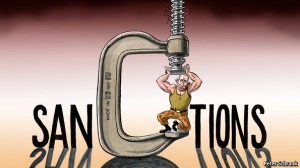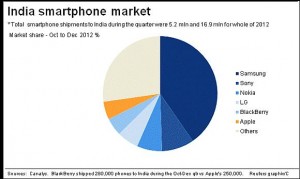For a long time Big Pharma in the United States have neglected tropical diseases, but this is about to change with the first American infected in the US. GlaxoSmithKline has started making 10000 does of experimental Ebola vaccine others like Johnson and Johnson’s Crucell division and NewLink Genetics are close to entering the market. Pharmaceutical firms have only spent $527 million on research and development of tropical diseases a small fraction of the total spent of 130 billion. Most US pharmaceutical firms considered tropical diseases charity work. Since in a capitalist system in which industry takes all the risk in R&D and only gets returns on investment from successful products, it does not work for diseases which primarily affect low-income countries. Through the greater exposure of tropical diseases in the US, especially the Gulf coast many pharmaceutical companies have taken up the fight against tropical diseases trough WHO donations, flexible pricing and patent policies, collaborative R&D and investments in healthcare structures. This can be seen as a strategic investment in the future, since 40% of the world’s population lives in the tropics. Economic growth in those places will see many of these nations become important commercial hubs for the pharma industry.
Sources:
http://www.theguardian.com/business/2014/oct/05/ebola-america-range-big-pharma


